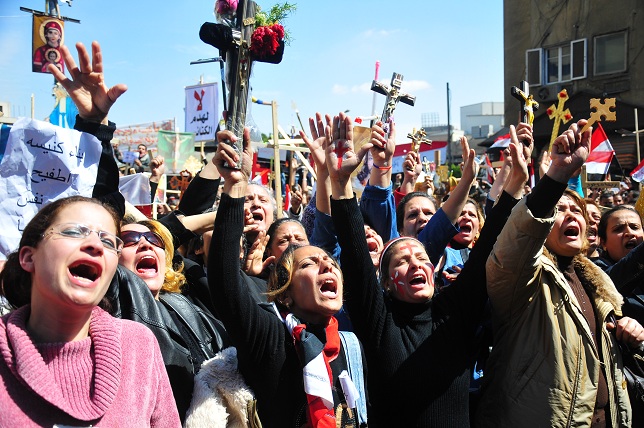Pakistan Foreign Minister Ishaq Dar on Monday warned against the spread of false information and AI-generated content following recent events in the Middle East, while also detailing Pakistan’s diplomatic role in de-escalation efforts.
Speaking in the Senate, Dar expressed deep concern that such misinformation could threaten national security and undermine diplomatic work.
“A widely circulated interview of Israeli Prime Minister Benjamin Netanyahu, purported to be recent, was in fact from 2011. Such deceptive content is causing confusion and is being monitored closely by the Ministry of Foreign Affairs,” he said.
He highlighted a fabricated news graphic that falsely claimed Pakistan could have 70% of its debt written off by rolling back its nuclear programme. “This is a blatant lie and a product of artificial intelligence,” he stated. Dar also pointed to a manipulated video involving Defence Minister Khawaja Asif and U.S. President Donald Trump and another fake video of an Iranian general as further examples of dangerous digital misinformation.
“This is a sensitive time; spreading fake content can be disastrous,” he emphasized, urging the public and media to exercise caution.
Regarding Pakistan’s diplomatic efforts, Dar revealed that the foreign ministers of Iran and Oman had kept Pakistan informed during negotiations to de-escalate tensions. “Four rounds of talks were held in Muscat and Rome,” he said.
He noted that because Iran is not a member of the United Nations, Pakistan facilitated a UN Security Council meeting. “Iran formally thanked Pakistan, Russia, China, and Algeria for standing with them diplomatically,” he added.
Dar said that Iran had conveyed its intention to retaliate after an initial attack but had also expressed a willingness to resume dialogue if Israel refrained from further aggression.
In response to the conflict, he said Pakistan had taken swift steps to assist its nationals, establishing a Crisis Management Unit in the Foreign Office and activating a 24/7 hotline at its embassy in Tehran. He added that 251 Pakistani students in Iran were being brought back to Quetta.
Over 500 Pakistani pilgrims in Iraq were also being assisted, with arrangements being made for the safe return of 209 who had travelled by road.
Dar also shared that Iran had requested Pakistan’s help in repatriating around 20,000 Iranian Hajj pilgrims currently in Saudi Arabia. “We assured them that these pilgrims would be received in Karachi and sent back with full honour—they are our guests,” he stated. He added that Saudi Arabia had also announced the pilgrims would remain as its guests until conditions stabilized.
Reflecting on Pakistan’s nuclear deterrent, Dar recalled the 1998 nuclear tests. “At the time, regional peace and security made it necessary. It was a bold decision taken by former Prime Minister Nawaz Sharif,” he said.
He added that India had later requested a ceasefire in recent years, which he said underscored Pakistan’s position of strength. “We are neither signatories to the NPT, nor are India and Israel. National defence is our sovereign right,” he declared.
Dar also cautioned against any attack on nuclear facilities, warning that targeting the nuclear assets of any country would violate Article 51 of the United Nations Charter and constitute a serious international crime. “Such an act could result in catastrophic consequences for regional and global peace,” he said.
In a reply to a question from Senate Opposition Leader Shibli Faraz, Dar said: “We do not take any news or situation lightly. The nation is united, and if anyone casts an evil eye on Pakistan, we will respond with full force. Our nuclear assets are national assets—built through great sacrifice—and we will safeguard them at all costs.”


